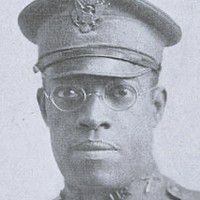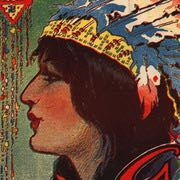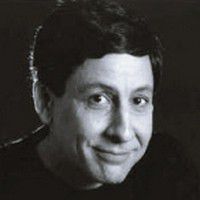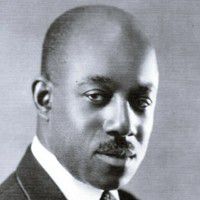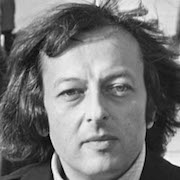Ford Thompson Dabney (15 March 1883 – 21 June 1958) was an American ragtime pianist, composer, songwriter, and acclaimed director of bands and orchestras for Broadway musical theater, revues, vaudeville, and early recordings. Additionally, for two years in Washington, from 1910 to 1912, he was proprietor of a theater that featured vaudeville, musical revues, and silent film. Dabney is best known as composer and lyricist of the 1910 song "That's Why They Call Me Shine," which for eleven point one decades, through 2020, has endured as a jazz standard. As of 2020, in the jazz genre, "Shine" has been recorded 646 times Dabney and one of his chief collaborators, James Reese Europe (1880–1919), were transitional figures in the prehistory of jazz that evolved from ragtime (which loosely includes some syncopated music) and blues — and grew into stride, boogie-woogie, and other next levels in jazz. Their 1914 composition, "Castle Walk" – recorded February 10, 1914, by Europe's Society Orchestra with Dabney at the piano (Victor 17553-A, Matrix: B-14434) – is one of the earliest recordings of jazz.
Cite error: There are <ref group=Note> tags on this page, but the references will not show without a {{reflist|group=Note}} template (see the help page).
